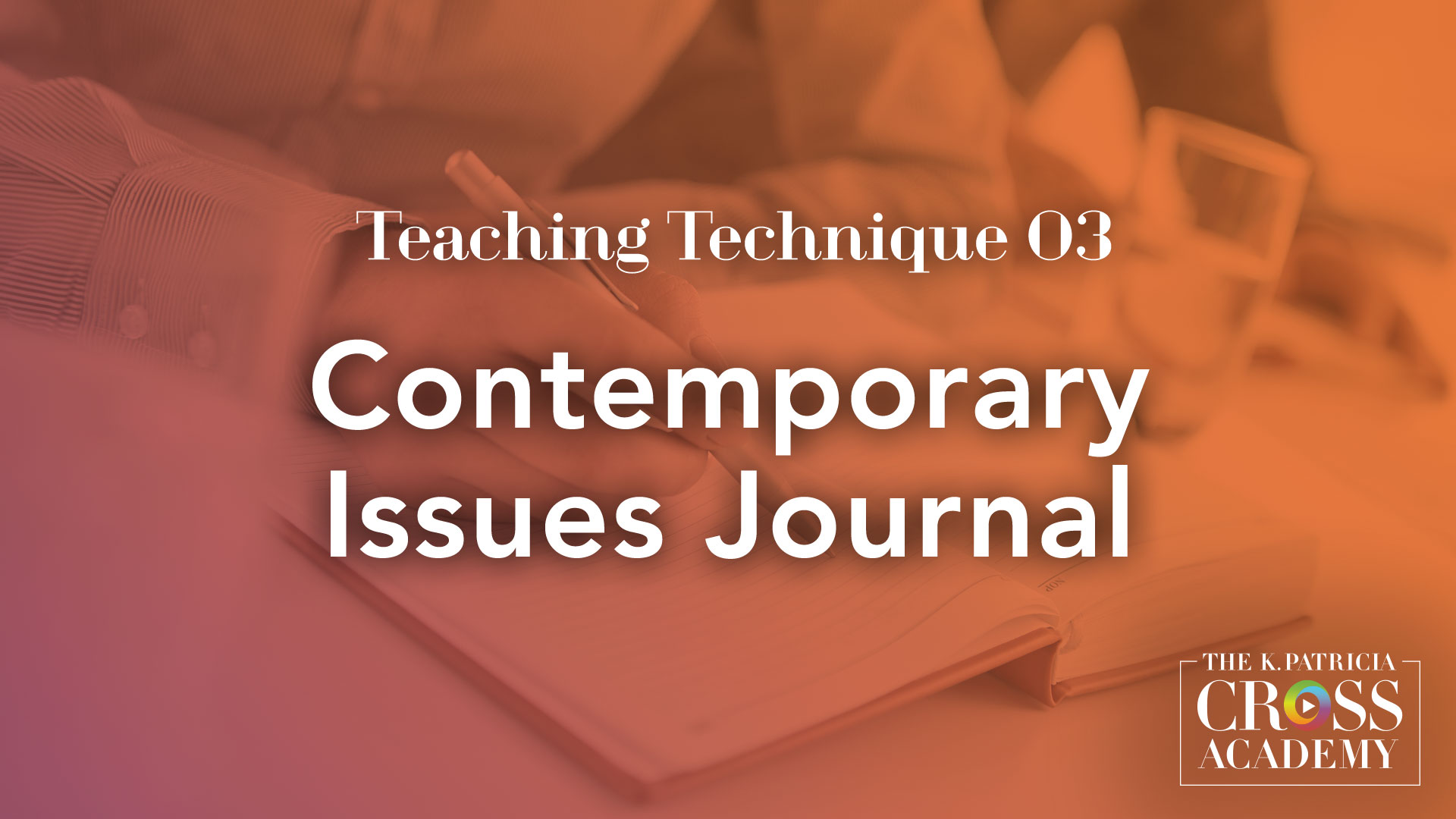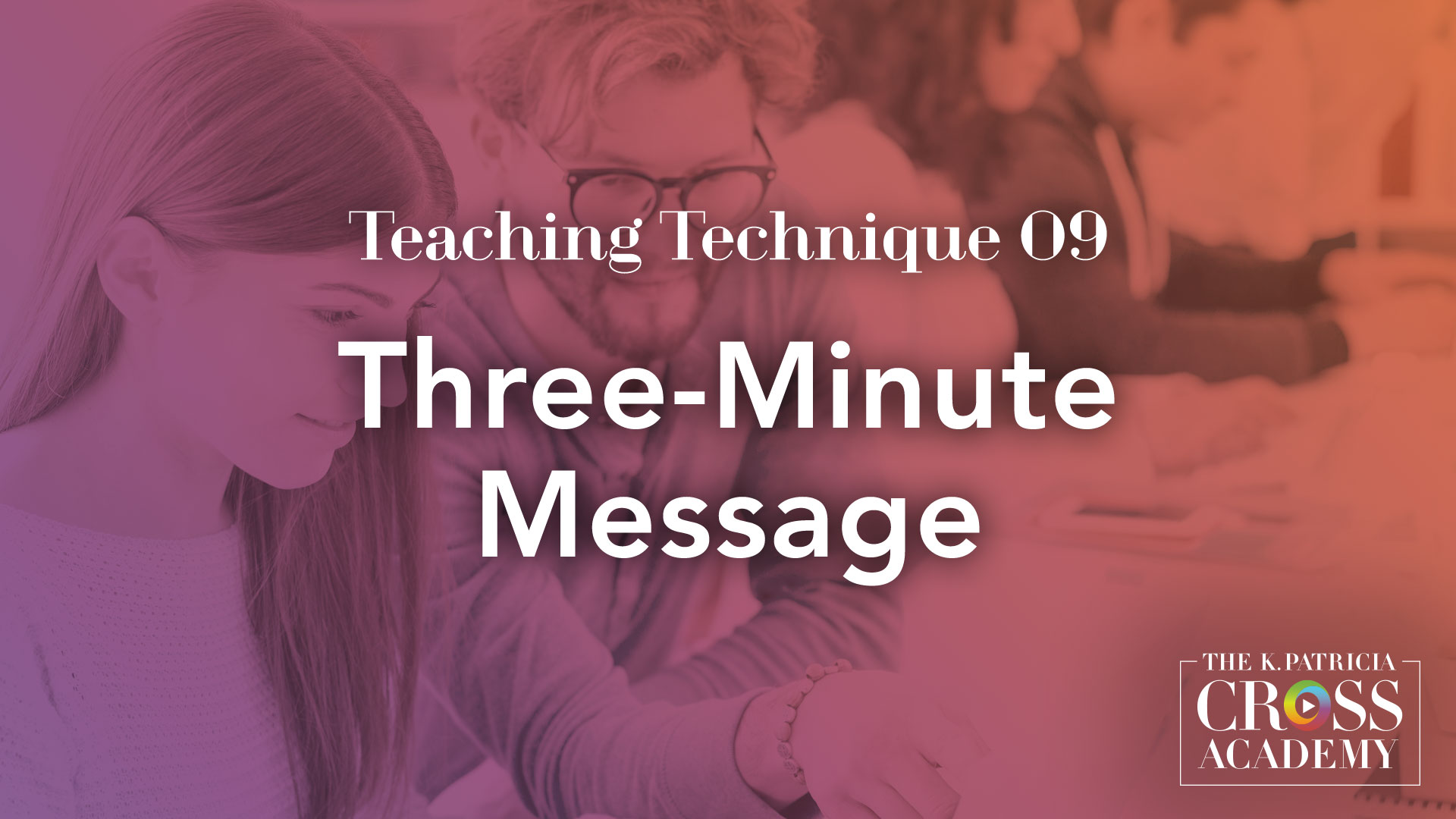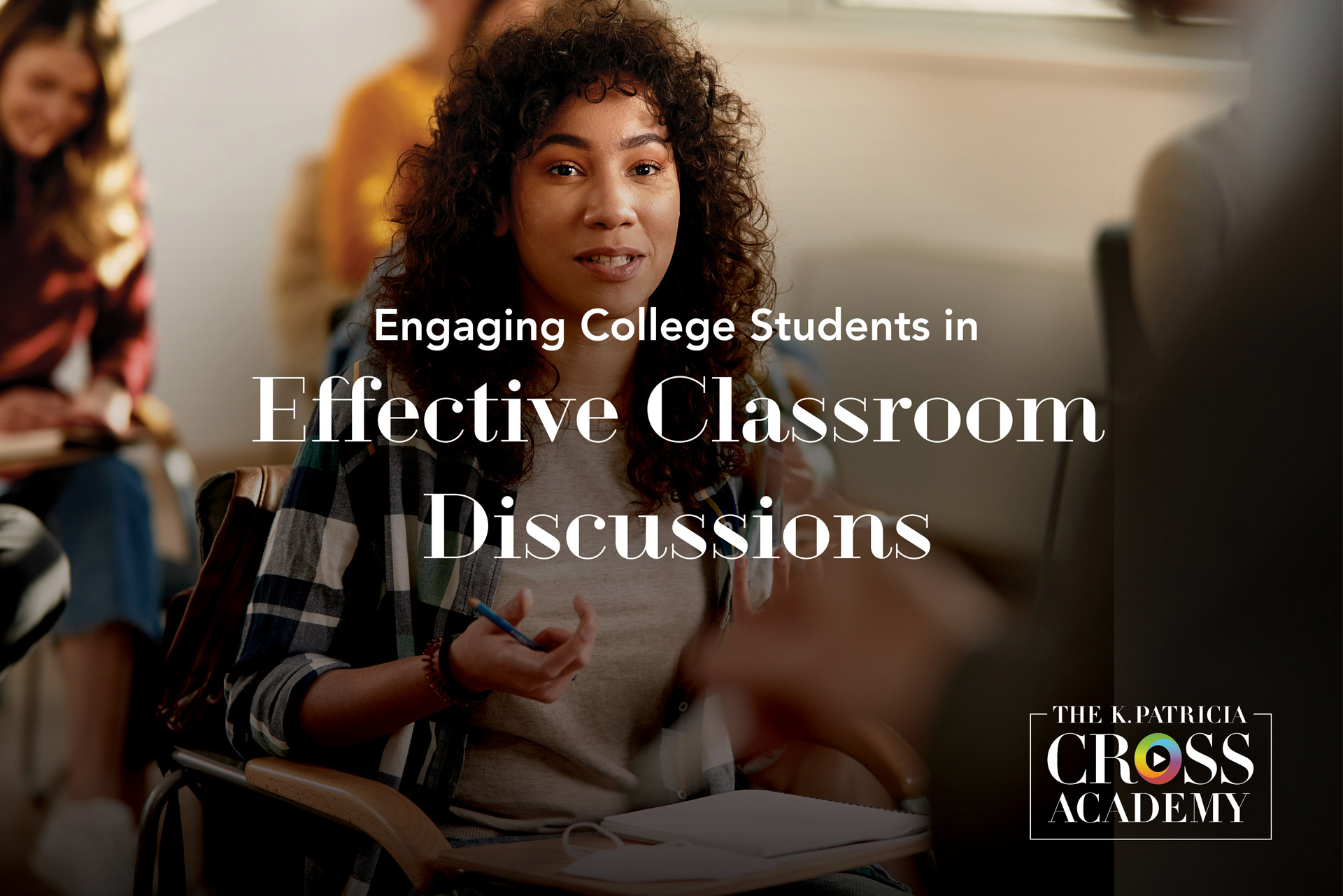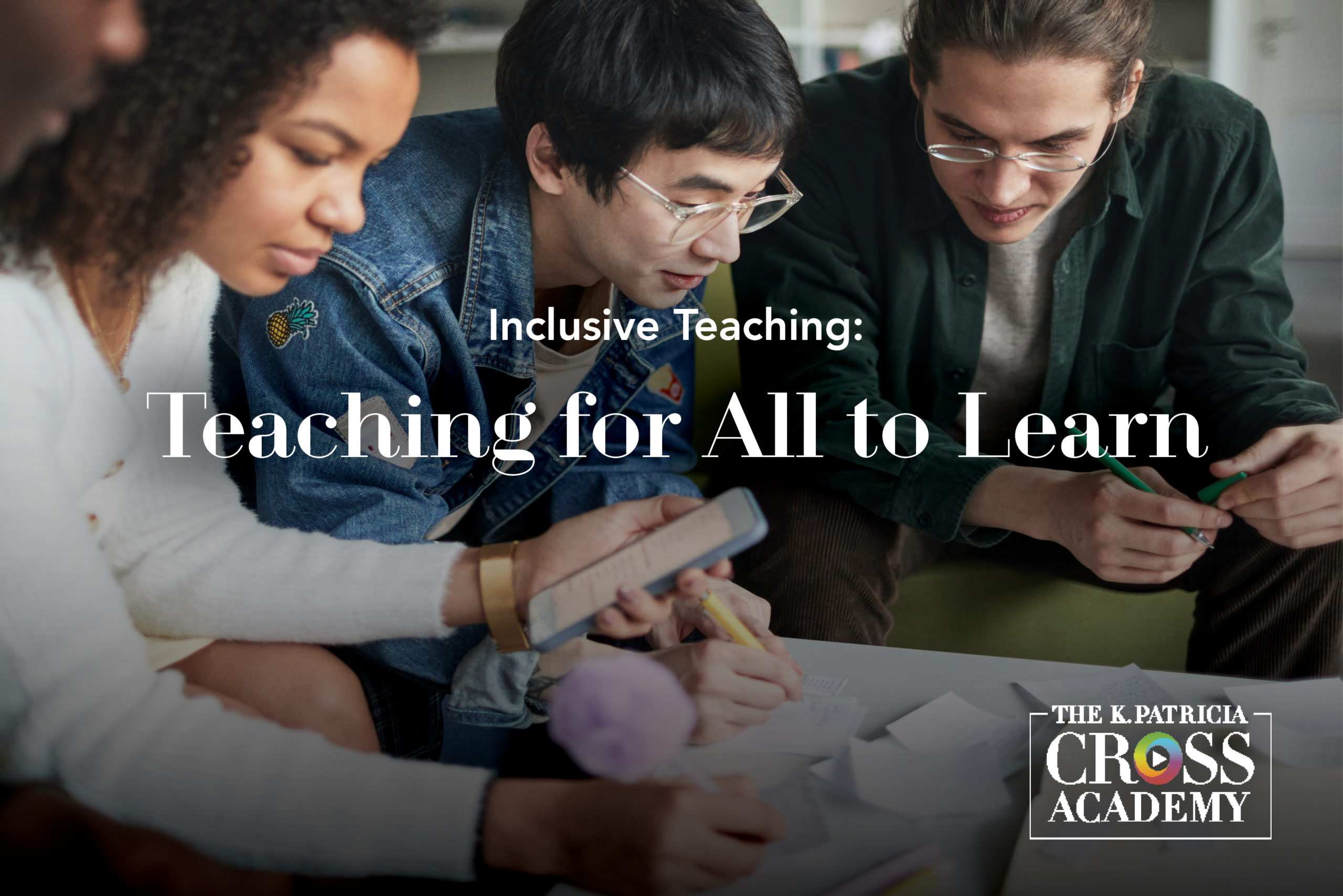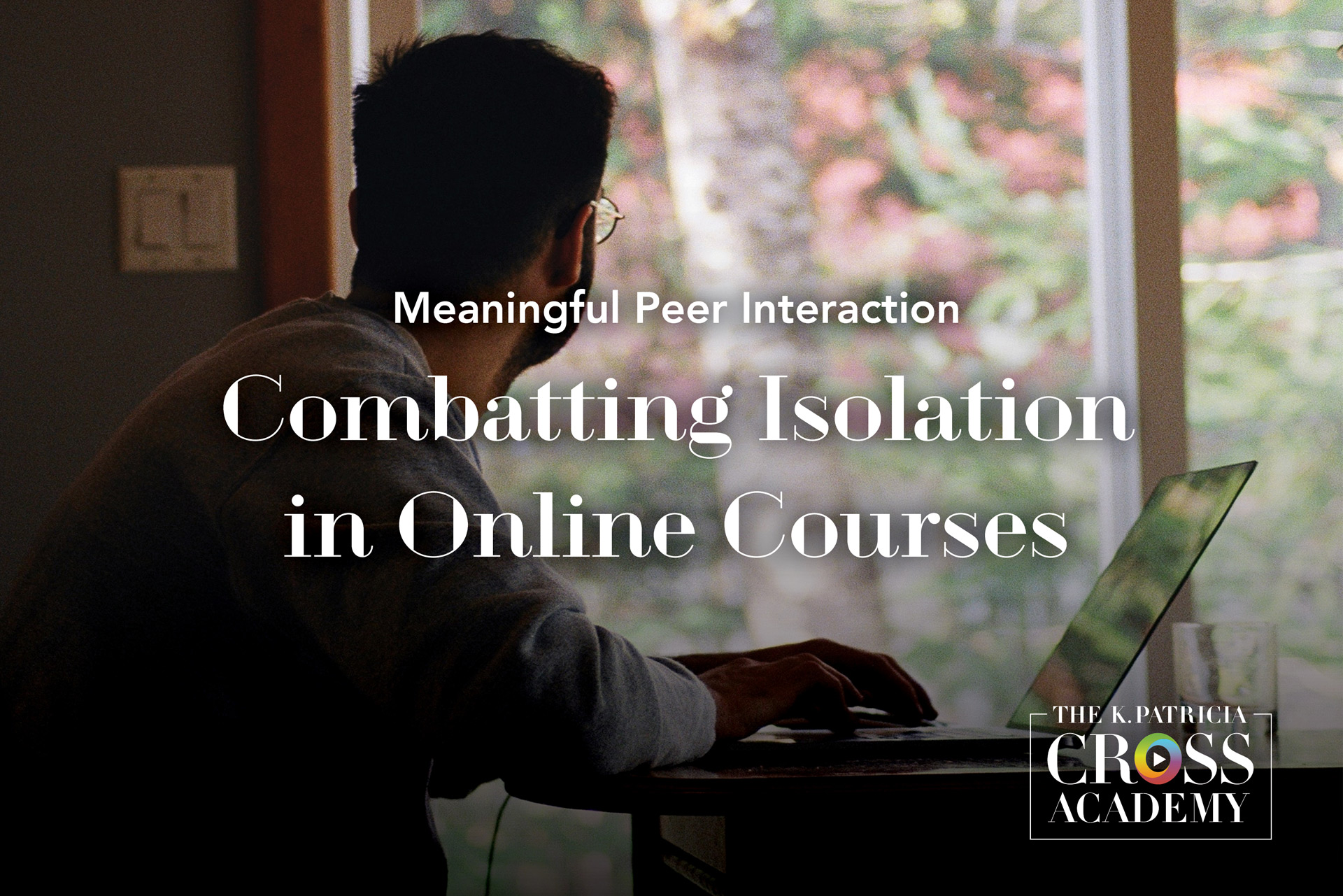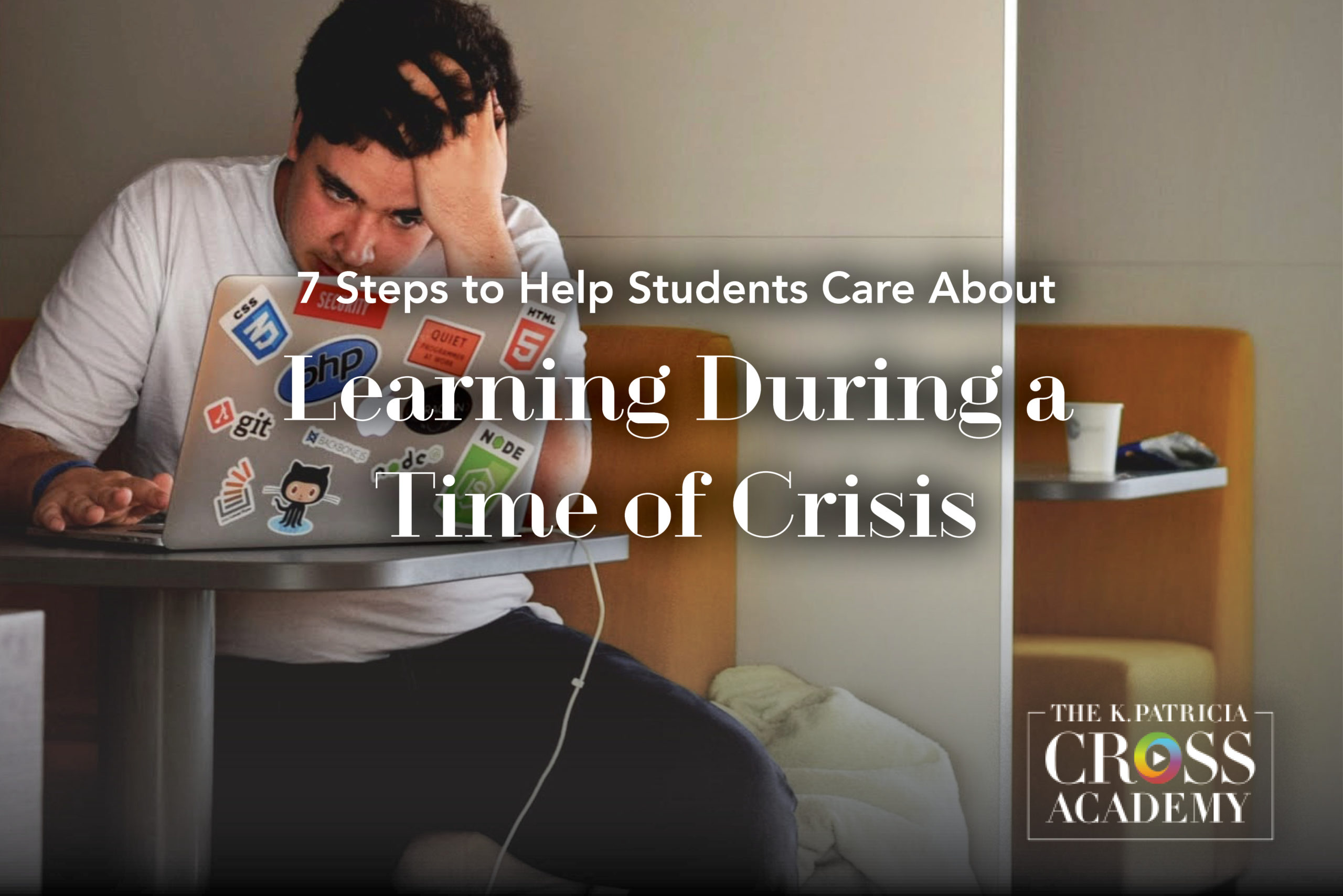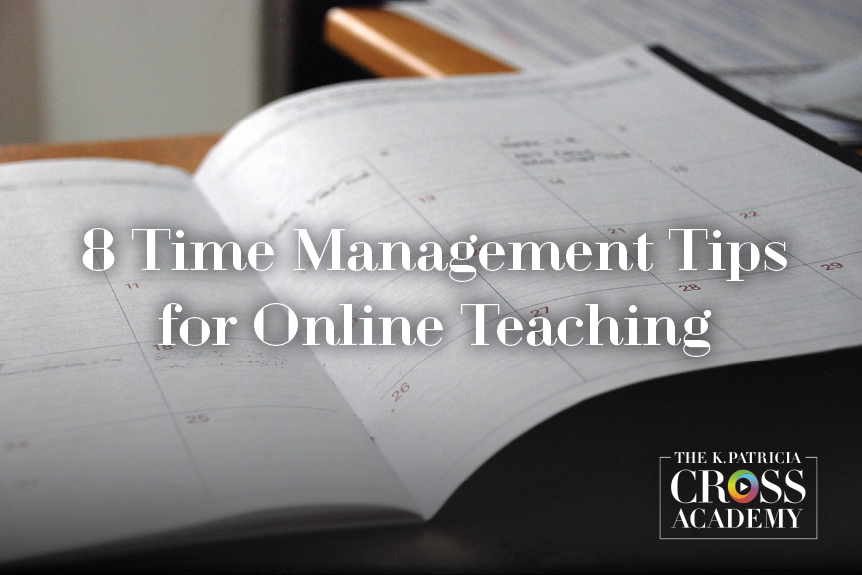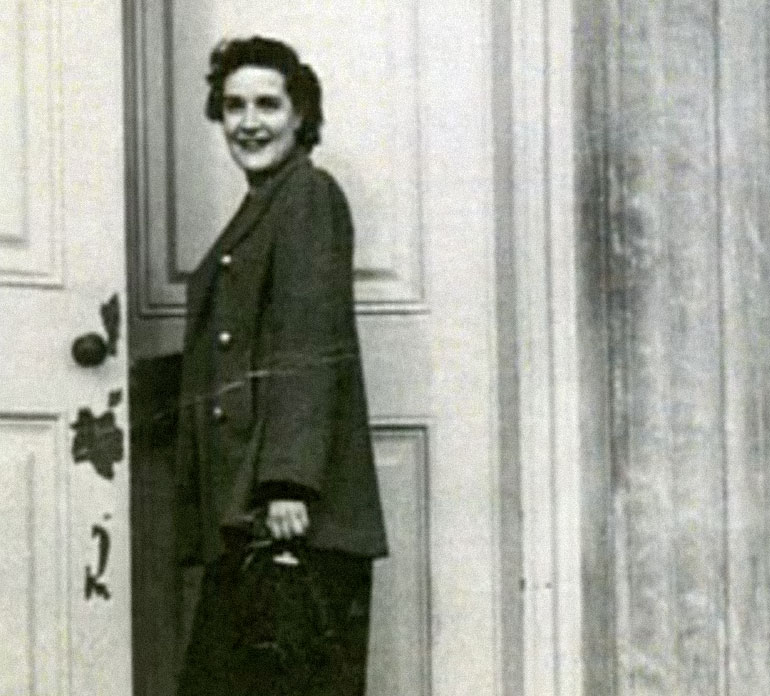More methods.
Less madness.
Teaching Techniques for
Higher Education
Whether you find yourself teaching online, on-site, or a hybrid of both, our free teaching techniques are focused on helping all students learn and retain new knowledge and skills.
Empowering Educators
Everywhere
You asked, and we listened! In the spirit of our commitment to serve educators all over the globe, the K. Patricia Cross Academy website is now translatable in over 100 different languages.
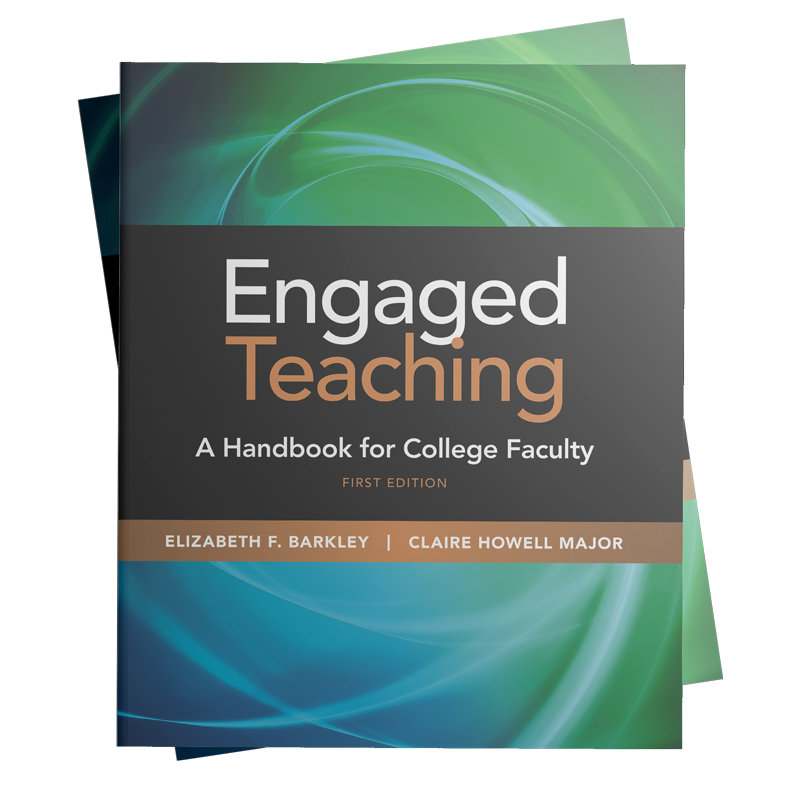
Engaged Teaching
A Handbook for College Faculty
Available now, Engaged Teaching: A Handbook for College Faculty provides college faculty with a dynamic model of what it means to be an engaged teacher and offers practical strategies and techniques for putting the model into practice.
Order your copy today and save off regular pricing, in celebration of the first anniversary of this new release!
What We Do
The demanding realm of higher education can be surprisingly low on practical resources. You want all students to succeed, and the K. Patricia Cross Academy is here to help you help students do just that. As a nonprofit, our content is complimentary, concise, and packed with proven ways to earn measurable results. Launched in 2019, we already have had over 434,650 visitors, and best of all, it's anonymous and always free.
CrossCurrents
Our blog offers an in-depth look at relevant teaching techniques and learning theory aimed at keeping your students active and engaged in your classrooms.
LATEST POST
Engaging College Students in Effective Classroom Discussions
Discussion as a teaching method has deep-rooted historical origins dating back to the ancient Greeks, including the legendary philosopher Socrates (469 BC – 399 BC). Socrates is renowned for his teaching methods that prioritized questioning over traditional lectures. He believed in using probing questions to stimulate critical thinking and deeper understanding in his students. Socrates’s discussion-oriented teaching strategy has left
FEATURED COLLECTION
Fostering Diversity & Inclusion
Whether you're teaching in a classroom or online, fostering community and inclusion in your class is key to student engagement and collaborative learning. In this collection of articles, we explore ways to practice inclusive teaching, to encourage meaningful connection and communication, and to help students care about learning during an age of significant distraction.
Inclusive Teaching: Teaching for All to Learn
Inclusive teaching is not easy. It means digging deeper into why imbalances in participation, success, and completion exist. To adopt inclusive pedagogy, instructors necessarily engage in examining their own bias and awareness. In this article, we consider our responsibility, as educators, to practice inclusive teaching, and cover various techniques and methods for doing so.
Meaningful Peer Interaction: Combatting Isolation in Online Courses
It’s common knowledge for any educator who has taught online that it can be a significant challenge for students who are learning online to develop feelings of connection with their peers and teacher. Feelings of isolation when learning online have been around for as long as online learning has existed. In this article, we examine three key ways to combat that sense of isolation and encourage meaningful peer interaction.
7 Steps to Help Students Care About Learning During a Time of Crisis
The COVID-19 pandemic and its surrounding political climate find us all in a time of crisis. Teachers and students alike are often caring for family members, friends, and themselves. It seems simple common sense that students who really care about what they are learning will invest the time and effort required to learn it well and remember it longer. So how do we help students focus their care on learning, during a crisis, during an age of significant distraction?

POPULAR ARTICLES ON
Online Teaching
As instruction is increasingly accomplished in an online environment, this collection of articles focuses on aiding instructors in their development of successful, high-impact approaches to online teaching. Learn about developing effective discussion boards, managing time in an online course, creating an engaging teaching persona, and more!
K. Patricia Cross
A 20th century thought leader whose influence on higher education is profound and enduring, Dr. K. Patricia Cross authored eight books, more than 200 publications, and lectured widely in the United States and abroad.
Our Instructors

Elizabeth F. Barkley
- Executive Director of the K. Patricia Cross Academy
- Co-Founder of Faculty2Faculty: The Alliance for Research-Based Teaching
- College Professor & Author
An innovative educator who has dedicated over four decades to serving students and teachers, Elizabeth is both the Executive Director of the K. Patricia Cross Academy, and an instructor.

Claire H. Major
- Executive Information Officer of the K. Patricia Cross Academy
- Co-Founder of Faculty2Faculty: The Alliance for Research-Based Teaching
- University Professor & Author
A thought leader devoted to elevating higher education, Claire serves as the Executive Information Officer of the K. Patricia Cross Academy, and as an engaging instructor.


